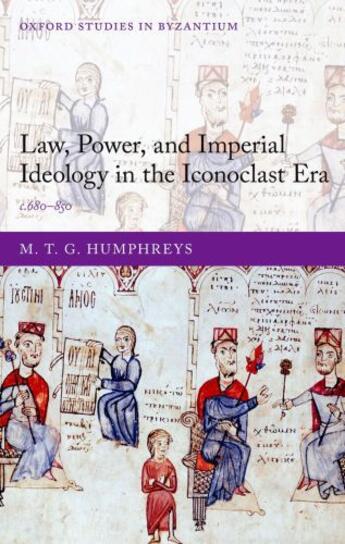-
Nombre de pages : (-)
-
Collection :
(-)
-
Genre :
(-)
-
Thème :
Non attribué
-
Prix littéraire(s) :
(-)
Résumé:
Law was central to the ancient Roman's conception of themselves and their empire. Yet what happened to Roman law and the position it occupied ideologically during the turbulent years of the Iconoclast era, c.680-850, is seldom explored and little understood. The numerous legal texts of this... Voir plus
Law was central to the ancient Roman's conception of themselves and their empire. Yet what happened to Roman law and the position it occupied ideologically during the turbulent years of the Iconoclast era, c.680-850, is seldom explored and little understood. The numerous legal texts of this period, long ignored or misused by scholars, shed new light on this murky but crucial era, when the Byzantine world emerged from the Roman Empire.
Law, Power, and Imperial Ideology in the Iconoclast Era uses Roman law and canon law to chart the various responses to these changing times, especially the rise of Islam, from Justinian II's Christocentric monarchy to the Old Testament-inspired Isaurian dynasty. The Isaurian emperors sought to impose their control and morally purge the empire through the just application of law, sponsoring the creation of a series of concise, utilitarian texts that punished crime, upheld marriage, and protected property. This volume explores how such legal reforms were part of a reformulation of ideology and state structures that underpinned the transformation from the late antique Roman Empire to medieval Byzantium.
Donner votre avis














